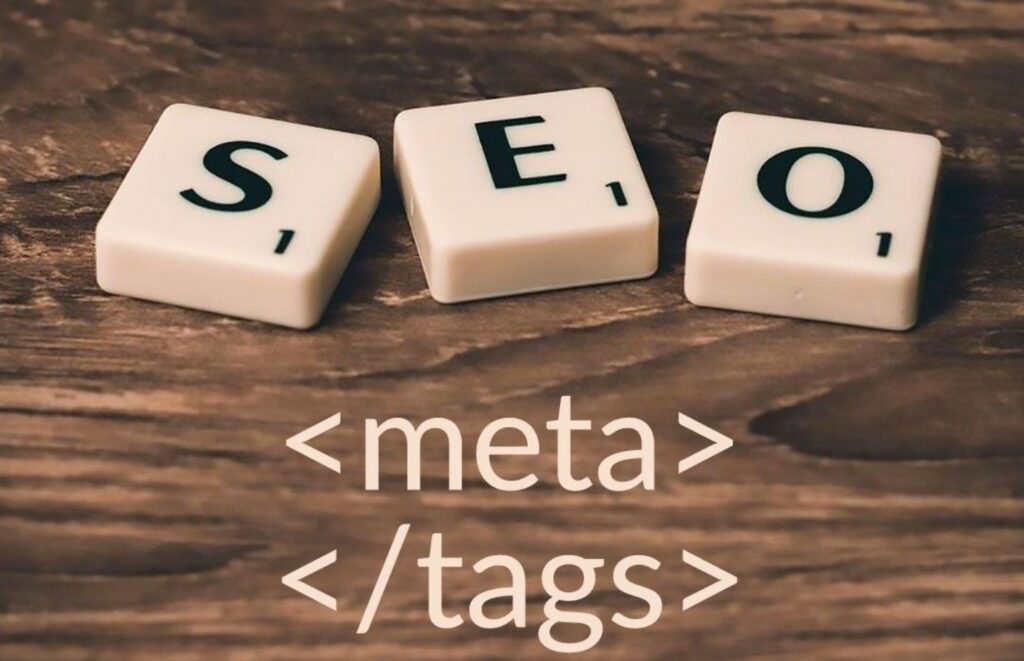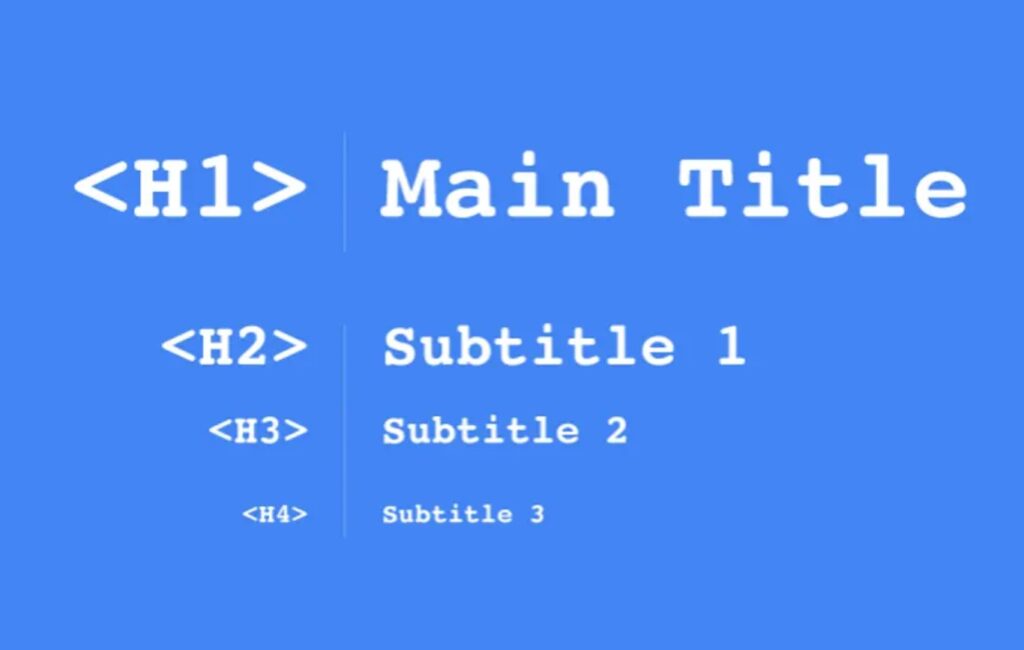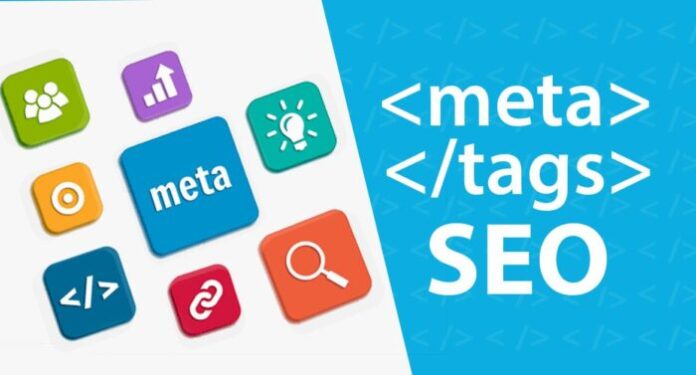For effective site promotion, one needs to understand what meta tags are and how to properly work with these attributes. If you do not have solid experience in site management and promotion, then this post will guide you in this business. So, what is the purpose of meta attributes? How do they help promote a website? Do you necessarily need to use tags for SEO, or can you do without them?

Why Are Meta Tags So Important?
Meta tags serve three main purposes:
- They pass special info to search engines. According to SeoQuake Blog, by doing this, SEO meta tags help promote the site for the relevant requests of the target audience. We cannot say with 100% certainty that a web page with tags will rank higher than the one without them. However, these attributes are still taken into account by search engines when assessing the quality of webpages. So, it is easier to bring the site to the top positions when all meta tags are in place.
- They help to correctly display content in different browsers and on different devices. In other words, the <meta> attributes for web browsers, software, and all kinds of services serve as instructions on how to show the site to users.
- They may contain data about the author, owner of the web resource, and its data source.
Nowadays, SEO meta attributes are not so indispensable for promotion. However, comparing two web resources with the same parameters, search engines will give preference to a site with well-written attributes.
The days when meta tags played the first role for organic search results and SEO are long gone. The content and purpose of modern meta tags are completely different. Their optimization refers rather to the internal SEO and technical improvement of the site.

What Can You Do With Meta Tags?
Thanks to tags, a webmaster will be able to:
- Report the main topic (title) of the site page. It will have a particular impact on SERPs. Add keywords to the title tag.
- Briefly describe the content (description) of the page. It will help a potential visitor go with the best website for their needs. The use of keywords in the content will increase the position of the resource in the search results.
- Organize site content using a header. Using keywords will bring extra benefits to an online resource.
- Increase the image rank in the search results. In this area, the competition is much lower, and pictures will help to get targeted traffic.
- Prevent links from affecting SEO by using “nofollow” attributes. Even if the site links to a resource with a dubious reputation, it will be of no harm.
- Use anchor text links to make linking more efficient.
- Prioritize duplicate pages for search engines.

Interaction of a Title Tag With SEO
The title plays an important role in site ranking, so it undoubtedly has weight for SEO. This tag is responsible for naming pages. Based on the rules put forward by search engines, the title should be up to 50-60 characters and clearly describe the page. When creating a title, it is necessary to carefully implement those keywords that are mostly used by your potential customers.
A meta title tag is not critically important for page rankings. Today, it is used for a different purpose. Its content directly affects the look of the main snippet that is a site card in the search results. The more interesting and catchy the snippet is, the more chances you have that the user will choose this particular resource.
When it comes to the description tag, the presence of correct keywords in meta description will be very helpful. The meta description greatly influences search results. The search engine requires you not to go beyond 250 symbols in this tag. Search engines can change the description text; it all depends on the queries set by the user and a search engine the one uses.
A site fragment modified by the search engine may look in the following way:
- The snippet header forms the title; the search engine sometimes does this. But, again, it all depends on the user request.
- Then a link is presented.
- The popularity of the resource is displayed in the form of stars.
- Posting date.

Interaction of a Description Tag with SEO
Although this tag does not perform many of the previous functions for the life of the site, it is still important to have it properly written and in place. By adding relevant KW and phrases to a page meta description, you can significantly boost its performance and rate.
Interaction of a Robots Tag with SEO
With the help of the robots tag, you can either open or close the site from indexing by search engine robots. This attribute is one of the few that will not become “unemployed” and will remain relevant in SEO since it is extremely important to deactivate unnecessary content from indexing and to ensure high-quality indexing of pages that are important for SEO.
Changes in SEO Trends for Meta Tags
If 7 years ago meta tags played a key role in SEO, at this stage of technology development, their functions have changed. In 2025, filling in the meta tag is more of a technical SEO condition. However, it is important to remember that description has a direct effect on the search result page. Of course, time is changing and SEO tendencies as well. However, we recommend that you stick to the traditional rules and have all SEO tags in place for every page that you are going to have in a site map.

Conclusions
Without meta tags, the most useful and professionally created site will become “dead;” search engines simply cannot determine the optimal audience for an online resource, especially if it occupies a highly competitive niche. Taking a web resource to the top-1 is a long and painstaking process, but this goal is quite achievable.
Tags are an effective and powerful tool for free search engine promotion. However, they are far from being the only site promotion instrument. However, when used as a part of a site promotion strategy, they will help you reach impressive results with less investment on your end.









